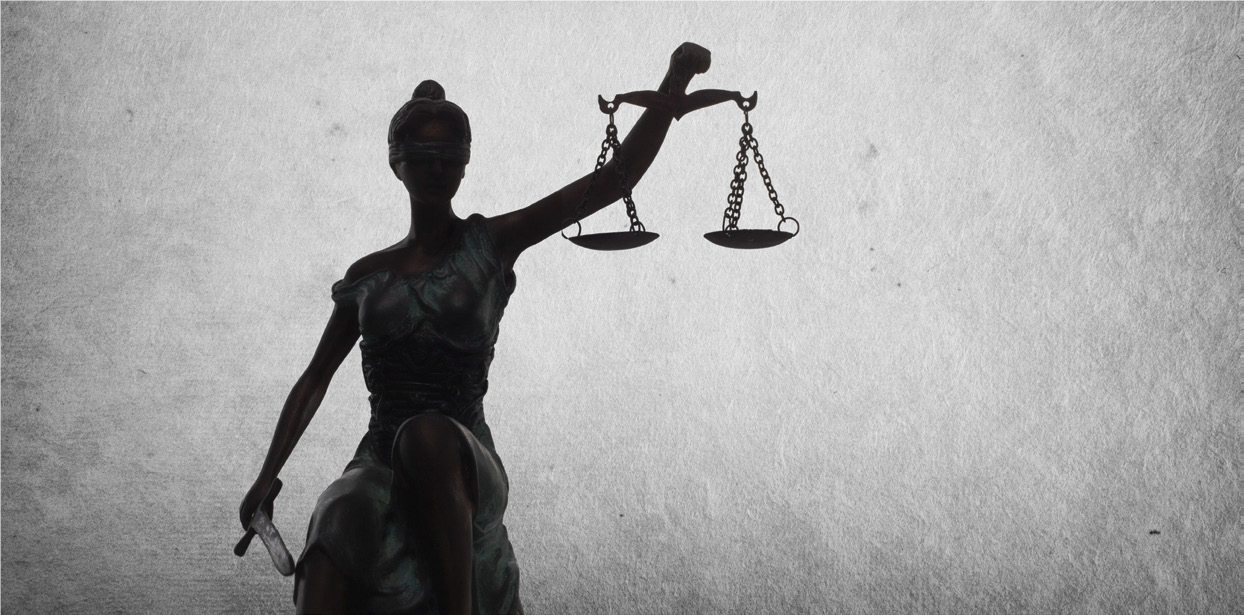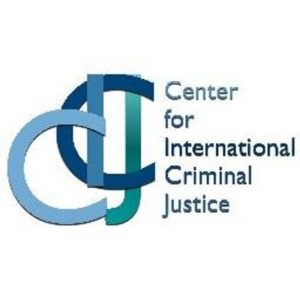3 November | Conference The Theory and Practice of Restorative Justice in Transitional Contexts: Lessons from Colombia and Other Experiences

Accountability for gross human rights violations and international crimes, such as war crimes, crimes against humanity and genocide, tend to be promoted at the international level as a retributive model of legal justice. For example, the International Criminal Court (ICC) is usually called on to intervene in numerous situations where a conflict took or is taking place. As the only permanent international court, the ICC is mandated to investigate, prosecute, and punish the perpetrators of international crimes to end impunity and prevent the commission of future crimes. However, scholars and practitioners from different fields have noted the limitations of prosecutions in achieving such goals in transitional contexts. Where there are large numbers of perpetrators, victims, and affected communities who must live together after mass violence, the goals of regaining trust, transforming relationships, recognizing and participating victims, and reintegrating offenders become critical. Therefore, in recent years, restorative justice has gained attention as an alternative, complementary, or more suitable way of addressing mass violence.
Colombia is a recent example of a transitional society where a restorative justice approach has been adopted. In 2016, the Colombian government and the Fuerzas Armadas Revolucionarias de Colombia-Ejército del Pueblo (FARC-EP) signed a comprehensive Final Peace Agreement where different non-judicial and judicial mechanisms were established, including a Truth Commission, a Special Unit for the Search for Persons, and a Special Jurisdiction for Peace, an independent judicial mechanism with a mixed restorative and retributive nature. The international community has supported the Colombian Final Peace Agreement and considered it “an inspiration for all those striving to end deadly conflict around the world through negotiations”. However, several questions remain regarding the theory and practice of restorative justice in transitional contexts, including in the case of Colombia.
This one-day conference brings together scholars and practitioners to discuss the theory and practice of restorative justice in transitional contexts and the lessons and challenges from Colombia and other experiences. It aims to shed light and discuss the following questions: What are the possibilities and limitations of restorative justice in transitional contexts? To what extent and how can restorative justice adequately address the harms caused by mass atrocities in different contexts? Should restorative measures be applied to the most responsible perpetrators? Can victims participate meaningfully in restorative and transitional mechanisms? Is it possible to reconcile retributive and restorative justice approaches? What are the perceptions of various stakeholders at the national and international levels concerning the mechanisms designed based on this approach? Are the transitional justice mechanisms in Colombia too ambitious?
The conference is organized by the Centre for International Criminal Justice (CICJ), VU University Amsterdam and NSCR, and is supported by the research grant number 406-15-255 from The Dutch Research Council (NWO).
Practical information
Thursday 3 November, 10:00 - 17:15 Amsterdam Time
VU University Amsterdam (Building OZW), Room Alma 1/2 and online.
Zoom link will be provided upon registration.
Please register at CICJ Conference.
For doubts about the conference, please send an email to Beatriz Mayans Hermida via BMayans@nscr.nl.
Download Flyer Conference.
Programme
10:00 - 10:30 Registration & Coffee
10:30 - 10:45 Introduction by Beatriz Mayans Hermida (PhD Candidate VU and NSCR) & Barbora Holá (Associate Professor VU and Senior Researcher NSCR)
10:45 - 12:15 Panel I - Lessons from Different Transitional Justice Contexts, Chair: Barbora Holá
• Restoring Justice in Bosnia and Serbia: Results from a Population-based Survey | Stephan Parmentier, Professor of Sociology of Crime, Law and Human Rights, KU Leuven
• Victim Participation in Transitional Justice in Guatemala: A Potential Space for Restorative Outcomes? | Gretel Mejía Bonifazi, PhD Candidate, Ghent University
• Armed Groups, Reparations and Restorative Justice | Luke Moffett, Reader, Queen’s University Belfast
12:15 - 13:15 Lunch break
13:15 - 14:45 Panel II - The Colombian Case, Chair: Joris van Wijk (VU)
• The Special Jurisdiction for Peace and its Mixed Nature: Insights from the Bench | Lily Rueda Guzmán, Judge at the Special Jurisdiction for Peace, Colombia
• Between Impunity and Justice? Exploring Stakeholders’ Perceptions of Colombia’s Alternative Sanctions for International Crimes | Beatriz Mayans Hermida
• To be determined | Clara Sandoval, Director of programmes at the Global Survivors Fund and Professor of Human Rights Law, University of Essex
• Restorative Justice in the Colombian Transitional Justice Process: Achievements and Challenges | María Camila Moreno, ICTJ Head of Office for Colombia
14:45 - 15:15 Coffee Break
15:15 - 16:45 Panel III - Theoretical Considerations, Chair: Maartje Weerdesteijn (VU)
• Countering Injustice: Insights Inspired by Hannah Arendt | Antony Pemberton, Professor of Restorative Justice KU Leuven and Senior Researcher NSCR
• Theoretical Considerations on Criminal Justice, Punishment and Restorative Justice | Elena Maculan, Professor of Criminal Law UNED, Madrid
• Contempt, Political Divisions, and Transitional Justice | Colleen Murphy, Roger and Stephany Joslin Professor of Law, Illinois College of Law
16:45 - 17:15 Closing Commentary by Mark Drumbl, Class of 1975 Alumni Professor of Law at Washington and Lee University
17:30 - 19:00 Drinks




Actuele berichten

